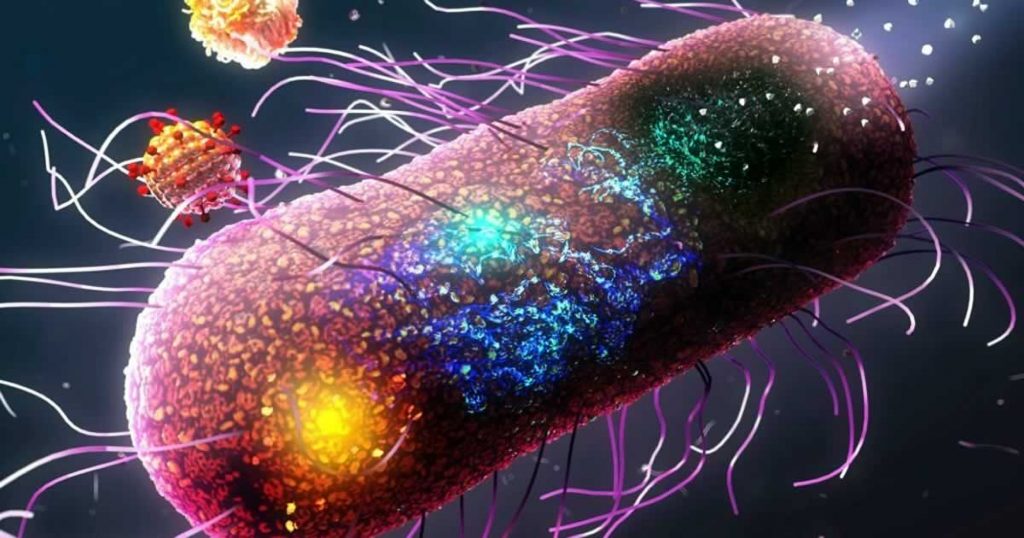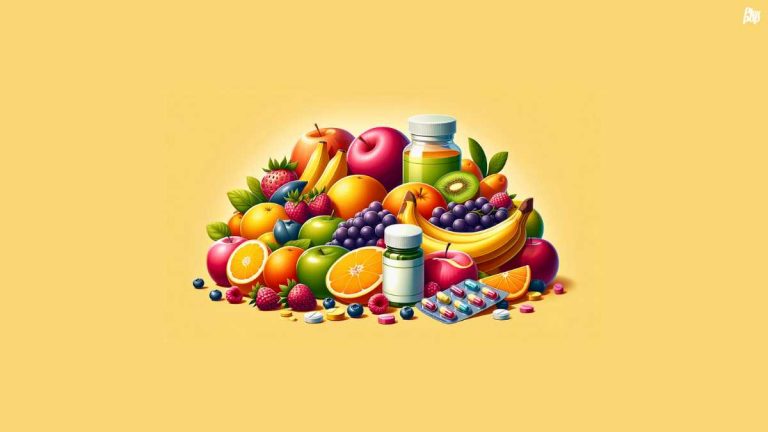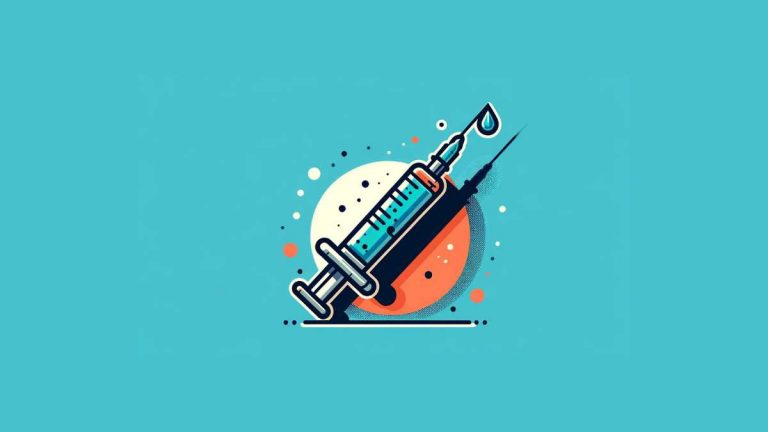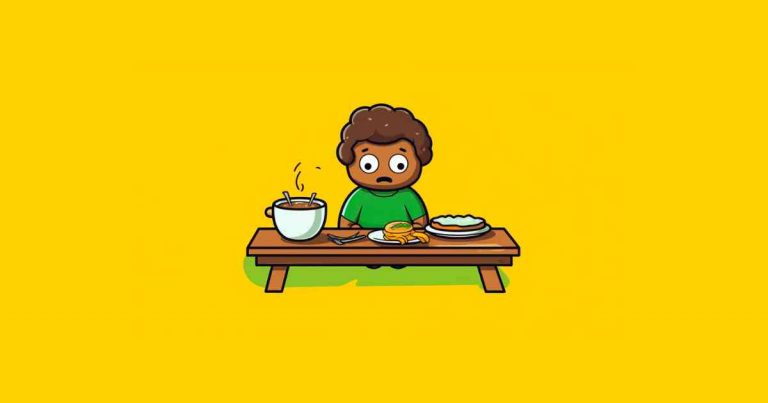Covid 19 has taught us many things — both good and bad which include so many terminologies like quarantine, herd immunity, immunization programmes, vaccination drives, epidemics, pandemics, and so on. Pandemics are diseases that spread across widely. When considering our history, before this Covid, there were much larger pandemics has happened in human civilization across this world.
According to current Covid statistics, the number of people who died due to this is fifty-one lakh. But when we look through the pandemic history, in the 14th century, there was something called the Black Death or bubonic plague, which caused almost 20 crores people to lose their life which means almost half of the European population. After that, comes smallpox leads to the loss of five crore people. So we have come across many such pandemics.
Above mentioned pandemics are caused due to bacteria. The discovery of penicillin, an antibiotic, by Alexander Fleming in 1928 greatly reduced the number of deaths due to infections. He received Nobel Prize for this discovery. While receiving the Nobel, he warned us that if we do not consume antibiotics properly or if we misuse them, it may result in. Why did he give such a warning?
When we look into our human body, the microorganisms inside our body outnumber our human cells 10 to 1. These microbes make up about 1.3% of our body weight. Most of them are found in our stomachs. The majority of them help us in so many biological processes like the digestion of food. A small group of bacteria are infectious.
Do you know who consumes the most significant amount of antibiotics? The answer is quite interesting — it is not the human beings but animals — more specifically, factory farm animals. About 80% of all antibiotics are used on these factory farm animals. The reason behind this misuse of antibiotics is that it helps in muscle mass production, thereby increasing the weight of farm animals.
These are the case with animals while considering humans; a lot of such misuse of antibiotics can be identified. For instance, in our community, antibiotics are most commonly used for colds and seasonal flu. This mistake was also come to understand us by Covid 19.
What happens if the antibiotics course is not completed?
We all know that symptoms of Covid 19 are sneezing, cough, chest pain, difficulty in breathing, severe body pain, and headache. These are all symptoms of some infections. These symptoms can either be caused by bacteria or viruses. But most of the Covid 19 cases are cured without using any antibiotics. Thus we are misusing antibiotics for viral infections.
Then, in another instance, if we are having any infections like pneumonia or UTI (Urinary Tract Infections), the doctor recommends taking antibiotics, and we take those medicines according to the prescription. After taking those medications for two days, we feel much better, and then we might have a doubt that is there any need to continue with these antibiotics.

This is also a kind of misuse. What is actually happening here is that we are not completely destroying the bacteria; some of them are still surviving in our bodies. The untreated bacteria themselves consider these antibiotics as a threat to them and try to resist these antibiotics. Thus antibiotics resistance occurs.
How does antibiotics resistance spread?
Animals get antibiotics and expand resistant bacteria in their structures. Drug-resistant bacteria can remain on meat. When not dealt with or cooked nicely, the bacteria can unfold in human beings. Fertilizers or water containing animal feces and drug-resistant bacteria is used on food crops. Drug-resistant bacteria in animal feces can remain in the human digestive system.
When a human being gets antibiotics and develops resistant bacteria, our system, when we stay in a general community, the resistant bacteria spreads. When gets admitted to any hospital, or nursing home or other inpatient care facility, resistant germs spread directly to other patients or indirectly to the unclean hands of healthcare providers. Also, they spread to other patients from surfaces within the healthcare facility.
Whenever these resistant bacteria enter our body, as already mentioned, there are some non-infectious bacteria within us. These resistant bacteria survive along with our normal fauna. These may remain normal inside our bodies without causing any harm to us. But whenever they get a chance to cause infections, they can be severely harmful.
Due to the spread of antibiotics resistance, several global organizations like WHO and UNICEF included this in the top 10 global threats.
According to their statistics, every 45 seconds, a person dies from an antibiotics resistant infection. Almost 7 lakh people are losing their lives due to these drug-resistant bacteria since there is no alternative medicine to treat them. These global organizations predict that by the year 2050, an estimated 10 million deaths will occur by these antibiotic resistant bacteria. So it is very important to think seriously about this.
Considering the cost of treating antibiotic resistant bacteria, it will be 100 times more than normal bacterial infections. Also, the normal time period taken to develop a drug is 10-15 years.
When we look into the total number of new antibacterial agents, it is clear that antibiotic development is dwindling. This is because when one antibiotic is developed and introduced into the market, that antibiotic will be resisted by bacteria, and it will no longer be effective. So the pharma company will not get the amount spent on manufacturing these drugs.
Causes of antibiotic resistance
- Overprescribing of antibiotics
- Patients not finishing their treatments
- Overuse of antibiotics in cattle and fish farming
- Poor contamination control in hospitals and clinics
- Lack of hygiene and poor sanitization
- Lack of new antibiotics being developed
How to avoid antibiotic resistance
- Take antibiotics as prescribed
- Complete the entire course, even if you feel better
- Do not keep antibiotics for future use
- Do not use antibiotics for a viral infection
- Do not use someone else’s antibiotics






Leave a Comment